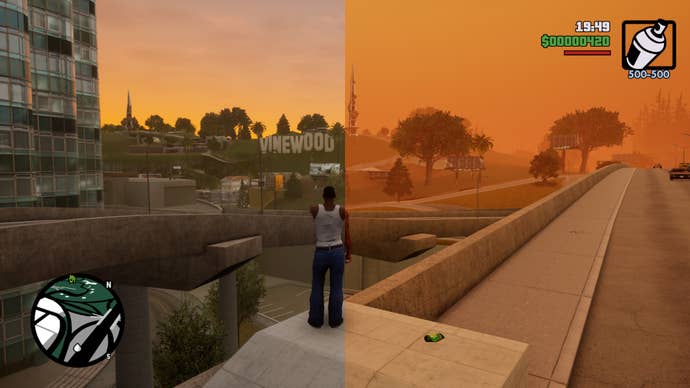# 10 Warning Signs You’re Not Eating Enough Fiber
Not to sound alarmist, but we have a fiber crisis on our hands. A 2021 study found that only seven percent of U.S. adults are getting enough fiber—a critical nutrient required for several aspects of your well-being, including digestive health, weight management, blood sugar control, and heart health, to name a few. According to the National Institutes of Health, the recommended daily fiber intake is 38 grams daily for men and 25 grams for women. However, the average American consumes only 14 grams a day on average. Now, you may be wondering: what are the signs you’re not eating enough fiber? To answer that exact question, we chatted with Destini Moody, RDN, CSSD, LD, a registered dietitian and sports dietitian with Garage Gym Reviews, who reveals 10 common signs that may indicate a lack of this essential nutrient.
Fiber comes in two main types: soluble and insoluble, and each type offers unique health benefits. Soluble fiber, found in foods like oats, beans, and fruits, dissolves in water to form a gel-like substance. This type of fiber helps lower cholesterol levels and stabilize blood sugar by slowing down the digestion and absorption of nutrients. Conversely, insoluble fiber, found in whole grains, nuts, and vegetables, doesn’t dissolve in water. Instead, it adds bulk to stool and helps support regular bowel movements to prevent constipation. Insoluble fiber also provides a feeling of fullness, which can help with weight management. A balanced intake of soluble and insoluble fiber is essential for good digestion and overall health.
Read on to discover the telltale signs you’re not eating enough fiber. And when you’re finished, be sure to check out these 23 Easy Weight-Loss Meal Prep Recipes.
## 1. You get drowsy after meals
Research suggests fiber can prevent energy crashes by keeping blood sugar levels balanced. Therefore, feeling tired and lethargic after meals could mean you’re not getting enough fiber.
## 2. You’re constipated
Fiber adds bulk to stool and aids in smooth bowel movements. Increasing your fiber intake through fruits, vegetables, legumes, and whole grains can be a game changer if you’re struggling with constipation.
## 3. You have diarrhea or loose stools
On the flip side, a sudden increase in fiber without sufficient hydration can lead to diarrhea.
## 4. You can’t seem to satisfy your hunger
Several studies have found that fiber can increase satiety and prevent overeating by adding volume to meals.
## 5. Your LDL-cholesterol is high
If your LDL (or “bad”) cholesterol is elevated, it could mean you need more fiber.
## 6. You feel sluggish
Fiber-rich foods provide a steady release of energy, helping reduce fatigue and keep you satiated.
## 7. You’re gaining weight and don’t know why
Research points out that low fiber intake is associated with being overweight.
## 8. You’re bloated
When gut health is poor, the bad bacteria can ferment in the gut and produce gasses that cause bloating and stomach discomfort.
## 9. You’re deficient in certain vitamins
A diet low in fiber may indicate an insufficient intake of essential vitamins found in fruits, vegetables, and whole grains.
## 10. You have hemorrhoids
Fiber adds bulk to stool, which improves motility and reduces your hemorrhoid risk.














